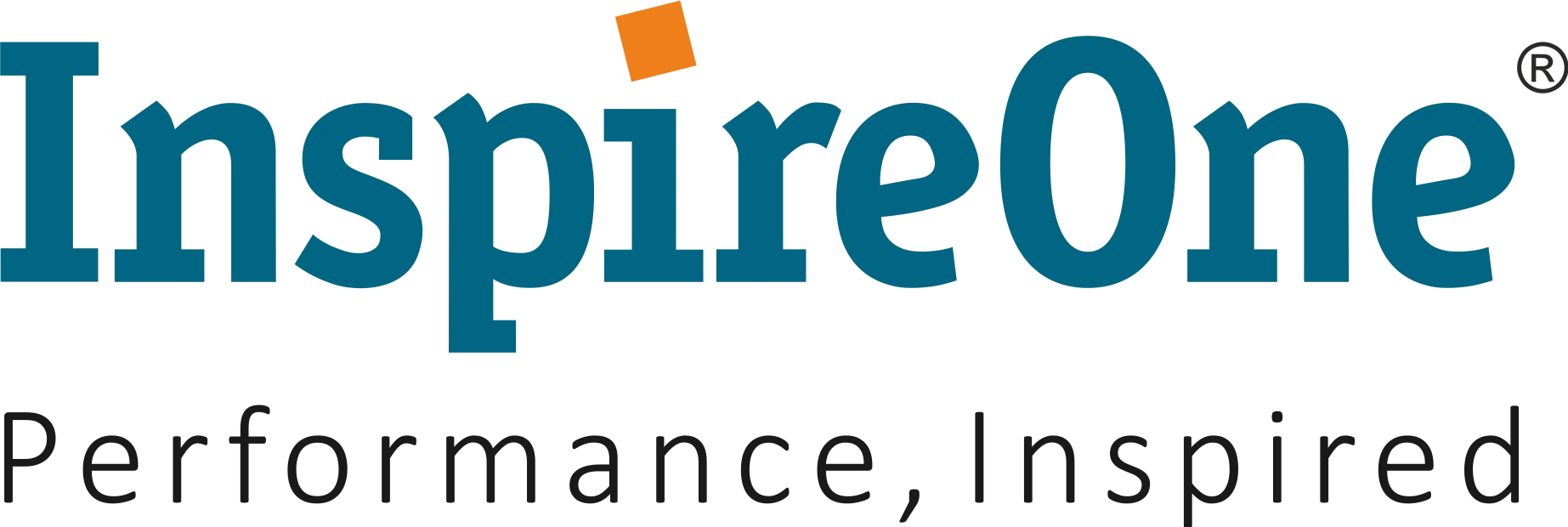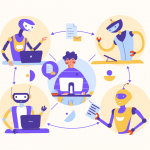Emotional Intelligence (EI) has been recognized by the World Economic Forum as one of 10 key skills in 2020. This is a significant development in wake of the fact that EI did not appear in the top 10 skills of 2015.
It is significant but not altogether unexpected. It is a fundamental principle that has taken time to find its place on the table under the taxonomy of “Emotional Intelligence”. For instance, bodies of research over the last few decades and more recently a research conducted by CCL identified yet again three reasons that caused executive derailment: the inability to work well in a team, handle change and poor interpersonal relations. All three of these derailers have their roots in an individual and a team’s emotional intelligence.
Empirical evidence, based on the needs that have emerged from organizations across industries in the past 2 years, also indicates challenges that pertain to members of the top teams not being able to align, inspire or collaborate towards achieving organizational goals. Every root cause analysis has led to individual leaders’ lack of awareness of emotions and their impact, lack of resilience in the face of adversity, inability to empathize and work collaboratively toward a larger cause. All elements of Emotional Intelligence
Let’s take a case example:
Need
A large global banking and financial services company wished to launch an intervention aimed at achieving the following:
- Define and build a common culture for the captive business
- Know, agree, accept and commit to the behaviors expected to be displayed by them
- Own accountability for the Results they create- with respect to Customer, Processes, and People.
- Build Individual Maturity– Role model the organizational values and cascade them to teams.
The Diagnostics suggested that a good route will be to develop the senior leadership team on essential emotional intelligence competencies which would enable them to do the above.
The Intervention
Phase 1
One-on-one interviews were conducted with each 11 senior level leaders to define their current state. We were able to identify the goals, team interdependencies, factors that help and hinder the team from accomplishing its objectives.
Each leader also took the Personal EQ Meter Assessment, an online assessment tool to assess 15 emotional intelligence competencies; followed by individual feedback sessions. Based on the feedback sessions, each leader devised plans to start, stop and continue activities that were in line with their areas of strengths and development.
A development workshop was conducted which brought all the senior leadership team members to identify the desired state. Joint action Plans were also identified for the team to execute at the workplace to achieve the Desired State.
Phase 2
One month after the workshop, each senior leadership team member underwent coaching sessions with InspireOne consultants to share the progress on their individual development plans. A second workshop was conducted to present team members a safe and trusting environment to share their PEQM profiles and receive feedback on the changes they have been working to create. The intervention came to a closure with the team identifying processes to sustain the positive impact created. Some members continued getting coaching support from the InspireOne Consultant on specific areas of development.
Impact
Through the intervention, we were able to help the managers become more accepting of cultural diversities through regular and effective communication, higher tolerance and forming more open and trusting work relationships.
Emotional intelligence is non-negotiable at the senior levels of the organization because of the impact that the leaders have on their teams and the culture of the organization. Even in our previous blog, we discussed two cases where the senior or top leadership team faced challenges in their functioning, and in each of those cases, the challenges were based on intrapersonal and interpersonal dysfunctions. With increasing workforce diversity, it has become paramount for a leader to build his/her interpersonal and intrapersonal EI capabilities.
Reference:







